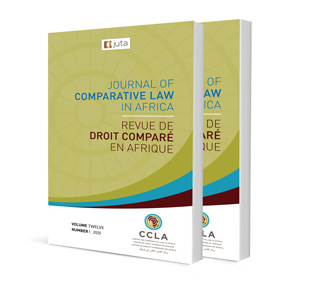Abstract
Unethical conduct, poor corporate governance, and financial crime pose significant risks to the stability and credibility of financial institutions and markets, particularly in developing economies within African jurisdictions. These challenges undermine efforts to promote financial inclusion, market integrity, and economic growth. To effectively combat these challenges, embracing innovative financial technologies (FinTech) and artificial intelligence (AI) is essential. FinTech and AI enhance financial crime detection and prevention through real-time monitoring, data analytics, and anomaly detection, surpassing traditional methods. However, while AI and FinTech can improve detection, monitoring, and compliance, they fall short in assessing human intent and moral reasoning, which are crucial for prosecuting fraud and maintaining ethical governance. This article critically examines the role of AI and FinTech in enhancing corporate governance and financial crime prevention in African developing economies, while acknowledging their limitations in assessing moral intent and legal culpability. The article further explores the Fifth Industrial Revolution (5IR) discourse, a paradigm that reorients AI innovation toward human-centred, ethically informed governance models. Moreover, it highlights the importance of promoting financial education and integrating ethics into corporate governance frameworks to protect stakeholders’ interests and secure companies’ solvency and profitability. Companies can effectively mitigate financial crime, corruption, and institutional failures by adopting these measures, particularly within African jurisdictions, promoting sustainable, resilient, and trustworthy financial systems. The successful implementation of these frameworks is key, not only to maintaining the viability of financial institutions but to long-term growth and market integrity across the continent.

